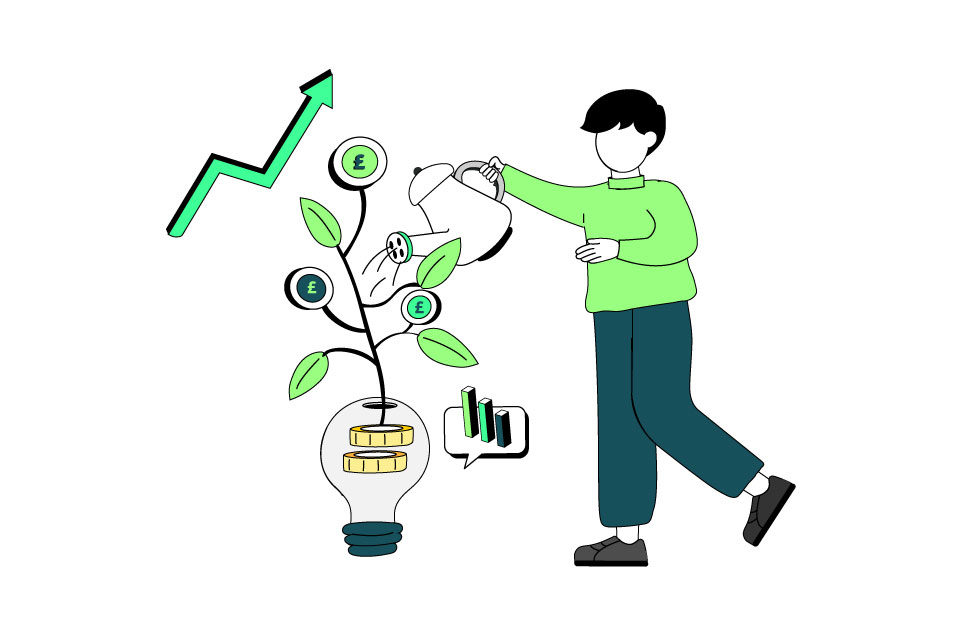Our latest deep-dive research report on Customer Behaviour launched last week made for fascinating reading. The research shows a complex and evolving customer landscape, with some important changes in behaviour that businesses need to reflect on and respond to.
There are a number of interesting themes in the report and I’d like to explore a few of them here.
One noteworthy change is customers becoming more conscious of sustainability, ethical and local issues when making their decision to purchase: more than 1 in 3 customers will place greater emphasis on an organisation’s ethical practice, local relevance and treatment of its employees when making a purchase.
The research also demonstrates that a significant number of customers would be willing to wait longer for a product or service to reduce harm to the environment. This may feel counter-intuitive in a world that is always on, but what it does show is the need to give choice and explain the options and impact of these in a clear, open and honest manner.
Linked to this, we’re seeing a shift to more mindful, less ostentatious consumption and buying behaviour. Many customers have deliberately bought things that will last longer, thought more carefully about whether to make a purchase, or reduced their consumption of physical goods.
Across sectors providing essential services (Retail Food, Retail Non-food, Insurance, Telecoms, Media and Utilities), 75% of customers rated quality as one of their top three priorities, followed by convenience (43%) and low cost (32%).
Another trend highlighted by the research is that customers have become more determined to hold organisations to account. 75% of people say they always contact an organisation if they are unhappy with a product or service they have purchased. Therefore, being transparent in all our communications and outlining what a customer should expect, by when and what happens if we fall short has in my mind become even more critical. We need to move away from ‘service recovery’ to sustainable service propositions that are authentic, true to the ethos of the organisation and consistently delivered across as aspects of the service journey.
In terms of how customers like to interact with an organisation, we know that customers expect a good digital experience, but being able to speak to a human being is also important to customers as part of a blended customer service offering. This has in my mind become even more heightened and isn’t something that is going away – we need greater reassurance, meaningful contact and a greater sense of care, no matter what the channel is.
When asked about the future, customers’ biggest fears are that it will be more difficult to speak to a person and that companies will prioritise short-term profit at the expense of service. In my mind, there is a real opportunity for organisations to differentiate themselves and demonstrate genuine competitive advantage. If we forget the lessons we have learnt, then we do so at our peril. Service has become a real competitive advantage: as a consumer I have less monies to spend so I will choose more carefully, and those organisations that care, deliver on their promise and help me will in a undoubtedly challenging world be the winners.
Looking at these themes holistically, it shows the importance of proactive communication, empathy, accountability for problems and complaints in customer service teams. Organisations who train and treat their people well, make it easy to contact the right person and effectively communicate the value they offer will prosper as inflation and the cost-of-living crisis bites.
Image: Freepik



